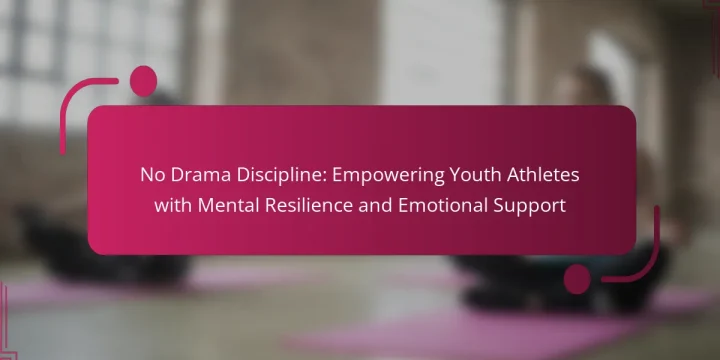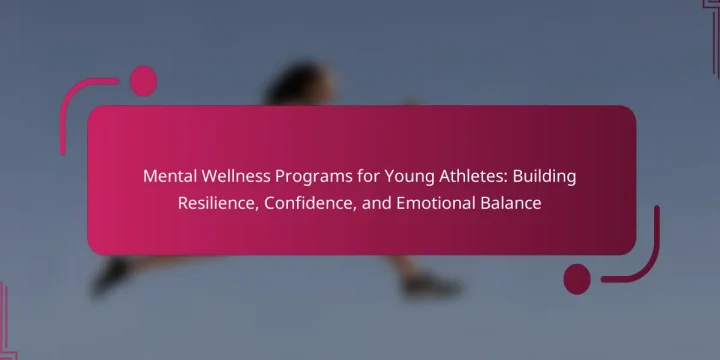
Sports psychology significantly improves youth athletes’ mental health by building resilience, confidence, and emotional well-being. It provides essential coping strategies to manage stress and anxiety while enhancing performance. Techniques like visualization and positive self-talk are key in fostering a growth mindset. Support from parents and coaches further cultivates a healthy approach to competition and personal development. Key sections in the article: Toggle How does sports psychology contribute to youth athletes’ mental health?What are the key psychological challenges faced by young athletes?Why is resilience important for youth athletes in sports?What are effective strategies for building resilience?How can sports psychology enhance confidence in young athletes?What techniques boost self-confidence in competitive environments?What role does emotional well-being play in athletic performance?How can emotional regulation improve sports outcomes?What are the universal benefits of sports psychology…








